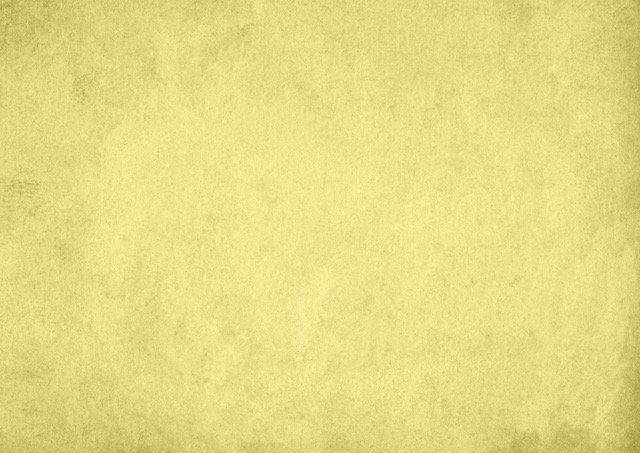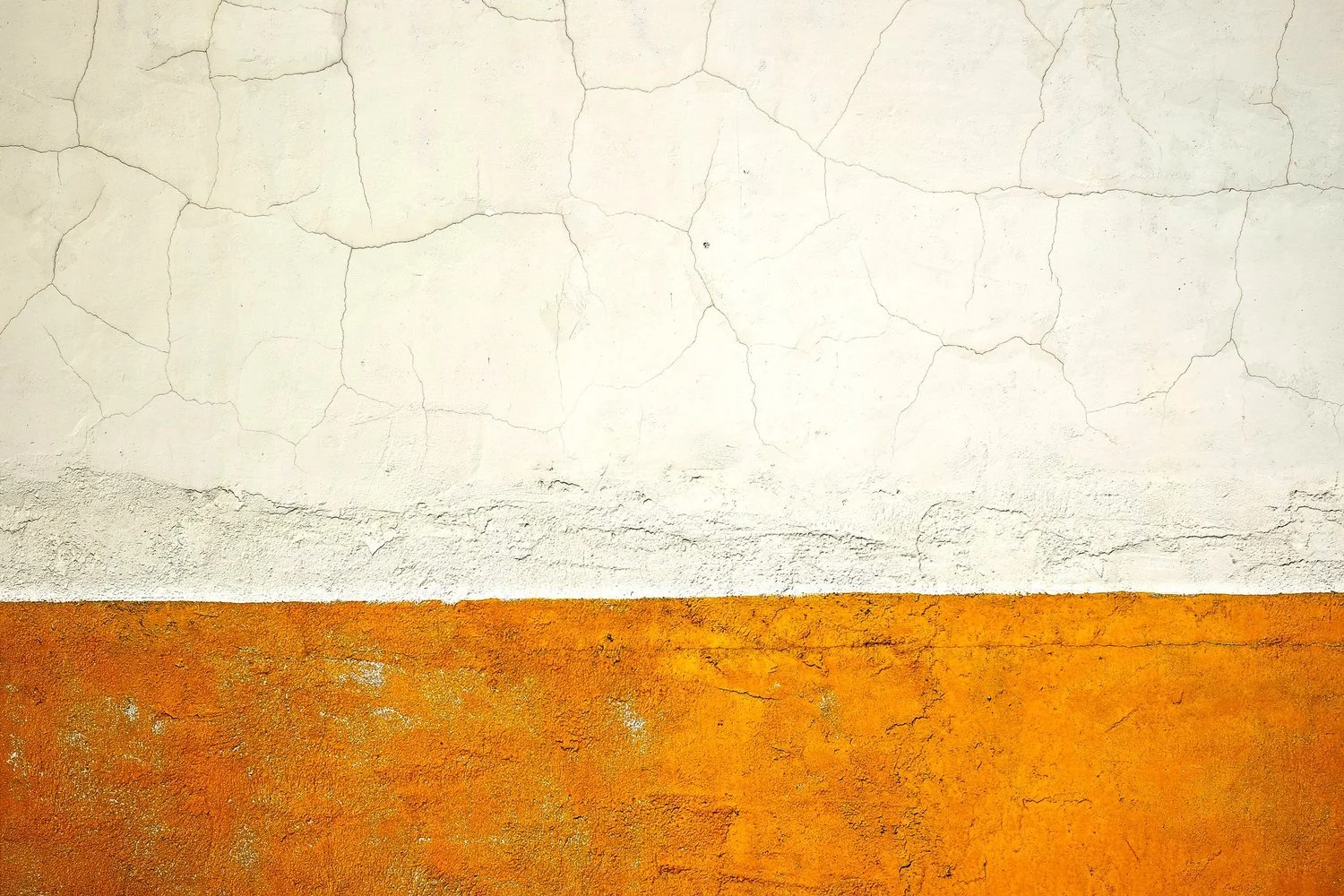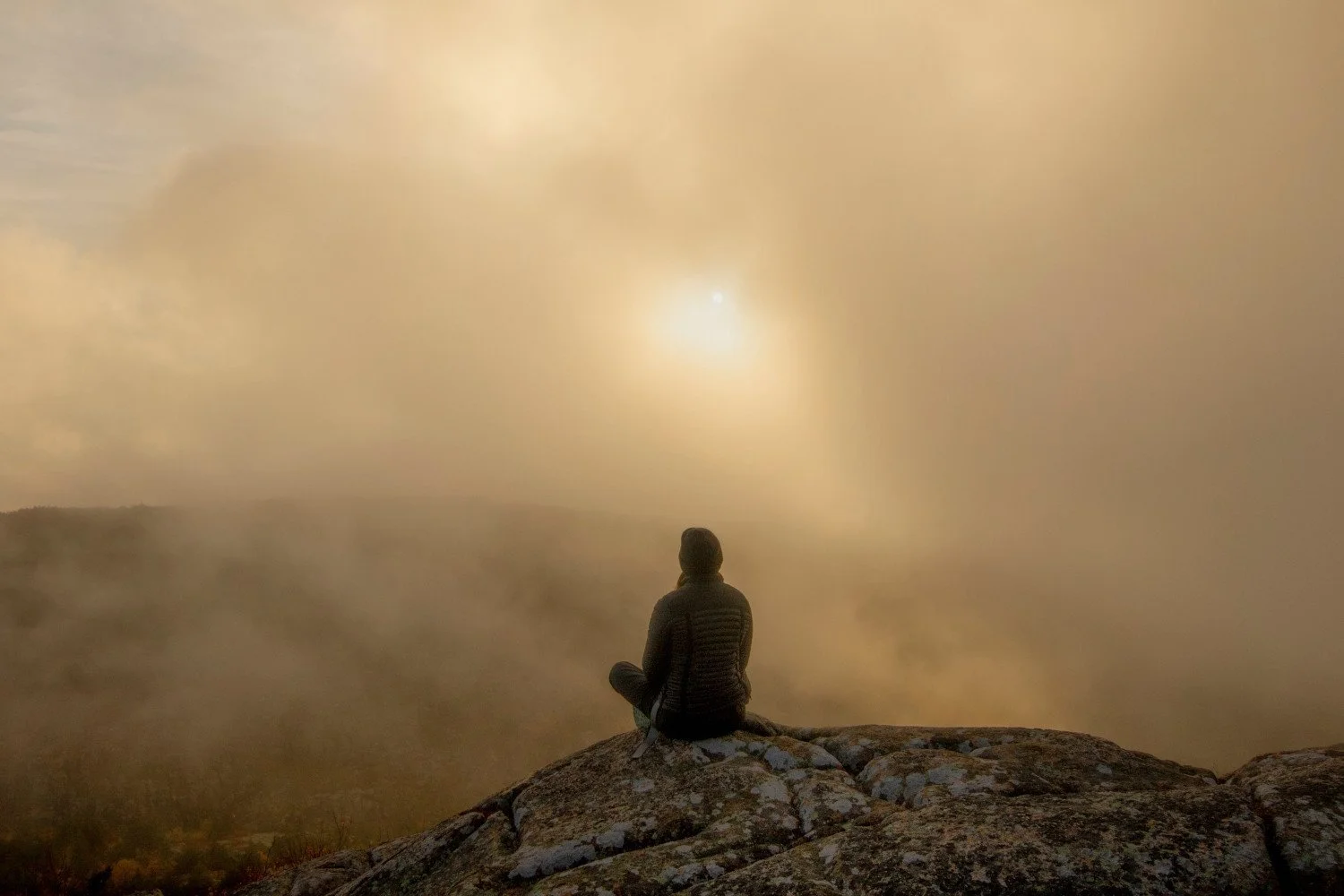
It is only with the heart that one can see rightly. What is essential is invisible to the eye. — The Little Prince, Antoine De Saint-Exupery
Self-Care for Yourself as a Caregiver: Building the Inner Sanctuary
Let's start with this – How can your life be about anyone else but you?
When I placed my wife in a memory care facility in December 2018, I felt cleaved in half. Whatever foundation I had built for myself, whatever sanctuary I had constructed, whatever I did to care for myself, failed. I spent the winter of 2019 in tears. And to make matters worse, Stanley died, my pal cat.
The physical sanctuary I had built, the external shelter I had created – the clothes I wore, the neighborhood I live in, my home and the furniture in it, the car I drove, how I styled my hair, my pets, where I went on vacation, the healthy foods I ate, the loaves of bread I baked, the yoga classes I took, the socializing, my beliefs and attitudes; none of it provided support when I placed my wife into a memory care facility. All failed me. They had no meaning, no value, and provided no comfort.
If they had supported me, would I have been so sad, angry, unhappy, distraught, and full of anxiety? What I needed; they didn't offer.
Yet, for most of us, these things come under the category of self-care.
What if self-care, what I call putting yourself first, had nothing to do with what you did, where you went, what you owned, bought, or experienced? What if it had only to do with how well you understood yourself?
And as you grow into understanding yourself, you might see yourself differently. You might see the world a little differently. You might find that your happiness isn't dependent on anything outside of yourself.
We do many things for ourselves day after day that gives us pleasure and provide security. But what happens when we face caregiving? Do our fears and self-doubts arise? Will the foundation of beliefs and attitudes we've adopted throughout our life withstand that challenge, or will we creak and groan and suffer and crack and sway and tilt and collapse? Is the foundation that we've constructed built on the wrong premise? Is it built on a false impression of who we are?
What is this Self that we're going to put first? What is this Self that we're going to care for? And what is this Self we talk about? Is it the body mind sense complex that we're talking about? Or something else? Because unless we know what we're caring for, we won't know how to care for it.
Most of the religious and spiritual traditions in the world recognize humans as having an inner essence that is immortal and imperishable. This inner essence is separate from the body; the body is identified as mortal. This inner essence is not known through our senses. It can't be seen, heard, tasted, touched, or smelled.
The only way to get a glimpse of this is to tune in* and refine our ability to tune in. And as we refine our ability to tune in, we refine our relationship to this inner essence. This inner essence has many names - Soul or Self or God or Consciousness or Buddha or Allah or Holy Spirit or Lord. And through this inner essence, we'll know love; we'll learn how to care for our Self. We'll begin to love ourselves from the inside out. And we'll start to recognize that all trappings of modern society won't provide an inner sanctuary.
In the role of caregiver, we often confuse what we love – instead of love focused on our true nature, we focus our love on the body in front of us and even that we fail to embrace. Because for the most part, that is the only self that we've nurtured.
When Kathy became ill, I thought that all I had in front of me was years of suffering. What had pleased me in the past, all the things we liked to do, eating out, vacations, walks, whatever it was, was being stripped away. She was the person who saw me each day. She was my partner, my collaborator, my navigator on trips. Now, she was my ill partner. Alzheimer's was running its course. She was different; I didn't know how to respond.
The foundation I had built couldn't withstand the emotional onslaught that encompassed caregiving. My sanctuary collapsed. Nothing outside of myself helped. So, I shifted the focus of my life from looking outward for happiness to looking inward for happiness.
I realized putting yourself first is an inward journey. And when the focus is sharp on what's going on inside of yourself, you can see what's needed outside of yourself. I discovered that my wife needed me to embrace her and caregiving wholeheartedly. I found how to build a true inner sanctuary built on eternal principles.
None of this was easy to do. It took willingness, and for me, it was a willingness to free myself from the pain I felt, free myself from the suffering I felt, and see who was in front of me. And that's how my caregiving journey turned into a love story.
This story in the book, by Ram Dass & Paul Gorman, How Can I Help? makes the point.
“So, in the early stages of my father's cancer, I found it very difficult to know how best to help. I lived 1000 miles away and would come for visits. It was hard seeing him going downhill. Harder, still feeling so clumsy. Not sure what to do not sure what to say. Toward the end, I was called to come suddenly, he'd been slipping. I went straight from the airport to the hospital, then directly to the room he was listed in.
When I entered, I saw that I had made a mistake. There was a very, very old man, pale and hairless, thin, and breathing with great gasps fast asleep, seemingly near death. So I turned to find my dad's room. Then I froze, I suddenly realized, "My God, that's him." I hadn't recognized my own father. It was the single most shocking moment of my life.
Thank God he was asleep. All I could do was sit next to him and try to get past this image before he woke up and saw my shock. I had to look through him and find something besides this astonishing appearance of a father I could barely recognize physically.
By the time he awoke, I'd gotten part of the way. But we were still quite uncomfortable with one another. There was still this sense of distance. We both could feel it, it was very painful. We were both self-conscious … infrequent eye contact.
Several days later, I came into his room and found him asleep again. Again, such a hard sight. So I sat and looked some more. Suddenly, this thought came to me, words of Mother Teresa, describing lepers she cared for as "Christ in all his distressing disguises."
I never had any real relation to Christ at all. And I can't say that I did at that moment. But what came through to me was a feeling for my father's identity as … like a child of God. That was who he really was behind the distressing disguise. And it was my real identity to, I felt. I felt a great bond with him, which wasn't anything like I'd felt as father and daughter.
At that point, he woke up and looked at me and said, "Hi." And I looked at him and said, "Hi."
For the remaining months of his life, we were totally at peace and comfortable together. No more self-consciousness. No unfinished business. I usually seemed to know just what was needed. I could feed him, shave him, bathe him, hold him up to fix the pillows-all these very intimate things that had been so hard for me earlier.
In a way, this was my father's final gift to me: the chance to see him as something more than my father, the chance to see the common identity of spirit we both shared; the chance to see just how much that makes possible in the way of love and comfort. And I feel I can call on it now with anyone else.”
And then Ram Dass continues:
The most familiar models of who we are, father and daughter, doctor and patient, helper and helped often turn out to be major obstacles to the expression of our caring instincts, they limit the full measure of what we have to offer one another. But when we break through and meet in spirit, behind our separateness, we experience profound moments of companionship. These in turn give us access to deeper and deeper levels of generosity and loving kindness.
In the end, I found an unimaginable connection to my wife, even as Kathy's body mind sense complex continued to deteriorate, even though she stopped talking and lost the ability to move. I brought to her what delighted me – my sense of humor, silliness, smile, and stories. And my acceptance of her in the situation she now found herself.
In a situation I could never have imagined, I found the deepest love I ever experienced.
It is not the end of the physical body that should worry us. Rather, our concern must be to live while we're alive - to release our inner selves from the spiritual death that comes with living behind a facade designed to conform to external definitions of who and what we are. Elisabeth Kubler-Ross Family Limited Partnership.
*You may think that “tuning in” is a particular practice, a meditation of sorts, but it’s really about gaining new knowledge based on a different view of reality. And then putting that knowledge into practice, in caregiving and in your life. That’s the essence of the Caregivers Journey workshop.
If you’re a caregiver having difficulty in this role, feeling alone, frustrated and tired with no peers to share your experiences, on a rollercoaster ride of doctor calls and appointments, bouncing between good news and bad news, having more questions than answers, suffering as you’ve seen others suffer, having tried what everyone has said to try but to no avail, then you may be ready for a fundamentally different approach.
Caregiving is a Hero’s Journey
I've always been a fan of The Hero with a Thousand Faces by Joseph Campbell and The Writer's Journey: Mythic Structure for Writers by Christopher Vogler. Both writers examine the journeys of heroes, mythic and filmic. When I read their books, I saw commonalities between the challenges caregivers face and the ones mythical heroes faced.
Success in either endeavor requires a transformation;
a morphing into a more assertive, confident, discriminating, compassionate, and loving person. Old beliefs and attitudes are dropped, new ones obtained. New skills and knowledge are hard won. Being present, seeing objectively leads to a new view of reality.
Our heroes come face to face with their limitations and find a way to accept them with equanimity. They find greater contentment with themselves and a closer connection with a limitless source.
Though the hero’s transformation may culminate with something tangible, rescuing a damsel in distress or bringing back a magic elixir, not so with the caregiver. The caregiver cultivates peace of mind, self-fullness to bring their love and compassion to someone they care for very much.
As all heroes know, the ultimate journey is inward.
If you’re a caregiver having difficulty in this role, feeling alone, frustrated and tired with no peers to share your experiences, on a rollercoaster ride of doctor calls and appointments, bouncing between good news and bad news, having more questions than answers, suffering as you’ve seen others suffer, having tried what everyone has said to try but to no avail, then you may be ready for a fundamentally different approach.








